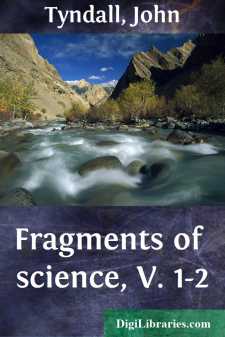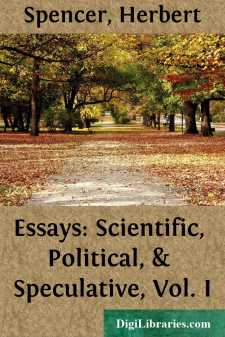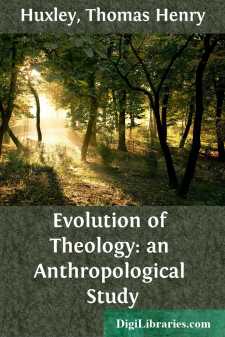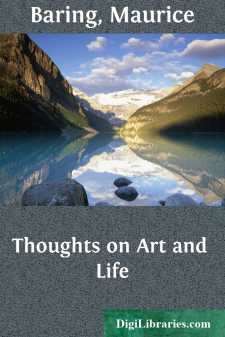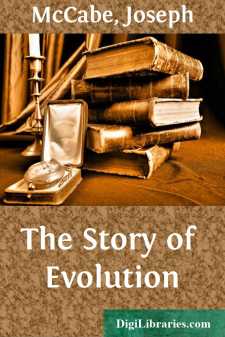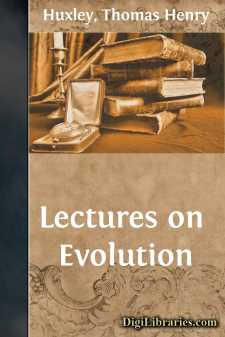Categories
- Antiques & Collectibles 13
- Architecture 36
- Art 48
- Bibles 22
- Biography & Autobiography 813
- Body, Mind & Spirit 142
- Business & Economics 28
- Children's Books 15
- Children's Fiction 12
- Computers 4
- Cooking 94
- Crafts & Hobbies 4
- Drama 346
- Education 46
- Family & Relationships 57
- Fiction 11829
- Games 19
- Gardening 17
- Health & Fitness 34
- History 1377
- House & Home 1
- Humor 147
- Juvenile Fiction 1873
- Juvenile Nonfiction 202
- Language Arts & Disciplines 88
- Law 16
- Literary Collections 686
- Literary Criticism 179
- Mathematics 13
- Medical 41
- Music 40
- Nature 179
- Non-Classifiable 1768
- Performing Arts 7
- Periodicals 1453
- Philosophy 64
- Photography 2
- Poetry 896
- Political Science 203
- Psychology 42
- Reference 154
- Religion 513
- Science 126
- Self-Help 84
- Social Science 81
- Sports & Recreation 34
- Study Aids 3
- Technology & Engineering 59
- Transportation 23
- Travel 463
- True Crime 29
Sort by:
Some thousands of years ago there was a city in Mesopotamia called Surippak. One night a strange dream came to a dweller therein, whose name, if rightly reported, was Hasisadra. The dream foretold the speedy coming of a great flood; and it warned Hasisadra to lose no time in building a ship, in which, when notice was given, he, his family and friends, with their domestic animals and a collection of...
more...
by:
John Tyndall
I. THE CONSTITUTION OF NATURE. [Footnote: 'Fortnightly Review,' 1865, vol. iii. p. 129.] WE cannot think of space as finite, for wherever in imagination we erect a boundary, we are compelled to think of space as existing beyond it. Thus by the incessant dissolution of limits we arrive at a more or less adequate idea of the infinity of space. But, though compelled to think of space as...
more...
by:
Herbert Spencer
THE DEVELOPMENT HYPOTHESIS. [Originally published in The Leader, for March 20, 1852. Brief though it is, I place this essay before the rest, partly because with the exception of a similarly-brief essay on "Use and Beauty", it came first in order of time, but chiefly because it came first in order of thought, and struck the keynote of all that was to follow.] In a debate upon the development...
more...
Science JOHN MILNE BRAMWELL Hypnotism: Its History, Practice and Theory John Milne Bramwell was born in Perth, Scotland, May 11, 1852. The son of a physician, he studied medicine in Edinburgh, and after obtaining his degree of M.B., in 1873, he settled at Goole, Yorkshire. Fired by the unfinished work of Braid, Bernheim and Liébeault, he began, in 1889, a series of hypnotic researches, which, together...
more...
I conceive that the origin, the growth, the decline, and the fall of those speculations respecting the existence, the powers, and the dispositions of beings analogous to men, but more or less devoid of corporeal qualities, which may be broadly included under the head of theology, are phenomena the study of which legitimately falls within the province of the anthropologist. And it is purely as a...
more...
by:
Various
INTRODUCTORY NOTE Hippocrates, the celebrated Greek physician, was a contemporary of the historian Herodotus. He was born in the island of Cos between 470 and 460 B. C., and belonged to the family that claimed descent from the mythical AEsculapius, son of Apollo. There was already a long medical tradition in Greece before his day, and this he is supposed to have inherited chiefly through his...
more...
by:
Maurice Baring
INTRODUCTION he long obscurity of the Dark Ages lifted over Italy, awakening to a national though a divided consciousness. Already two distinct tendencies were apparent. The practical and rational, on the one hand, was soon to be outwardly reflected in the burgher-life of Florence and the Lombard cities, while at Rome it had even then created the civil organization of the curia. The novella was its...
more...
by:
Joseph McCabe
CHAPTER I. THE DISCOVERY OF THE UNIVERSE The beginning of the victorious career of modern science was very largely due to the making of two stimulating discoveries at the close of the Middle Ages. One was the discovery of the earth: the other the discovery of the universe. Men were confined, like molluscs in their shells, by a belief that they occupied the centre of a comparatively small...
more...
I. THE THREE HYPOTHESES RESPECTING THE HISTORY OF NATURE We live in and form part of a system of things of immense diversity and perplexity, which we call Nature; and it is a matter of the deepest interest to all of us that we should form just conceptions of the constitution of that system and of its past history. With relation to this universe, man is, in extent, little more than a mathematical point;...
more...
§ 1. THE GOSPEL OF SCIENCE In the days before the war the Annual Address delivered by the President of the British Association was wont to excite at least a mild interest in the breasts of the reading public. It was a kind of Encyclical from the reigning pontiff of science, and since that potentate changed every year there was some uncertainty as to his subject and its treatment, and there was this...
more...



